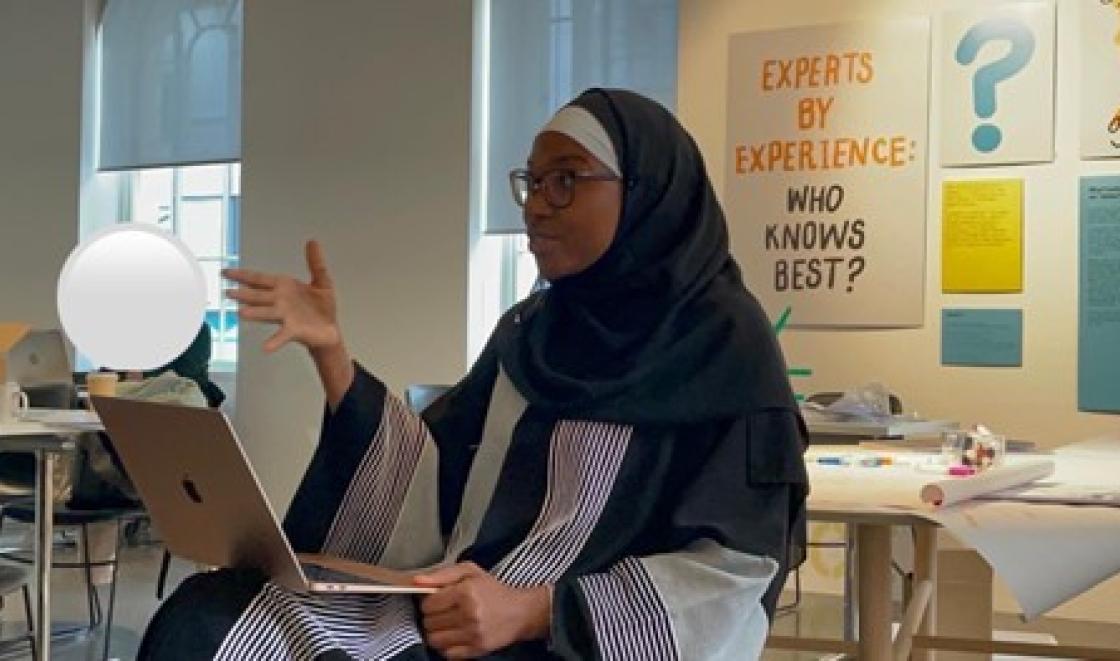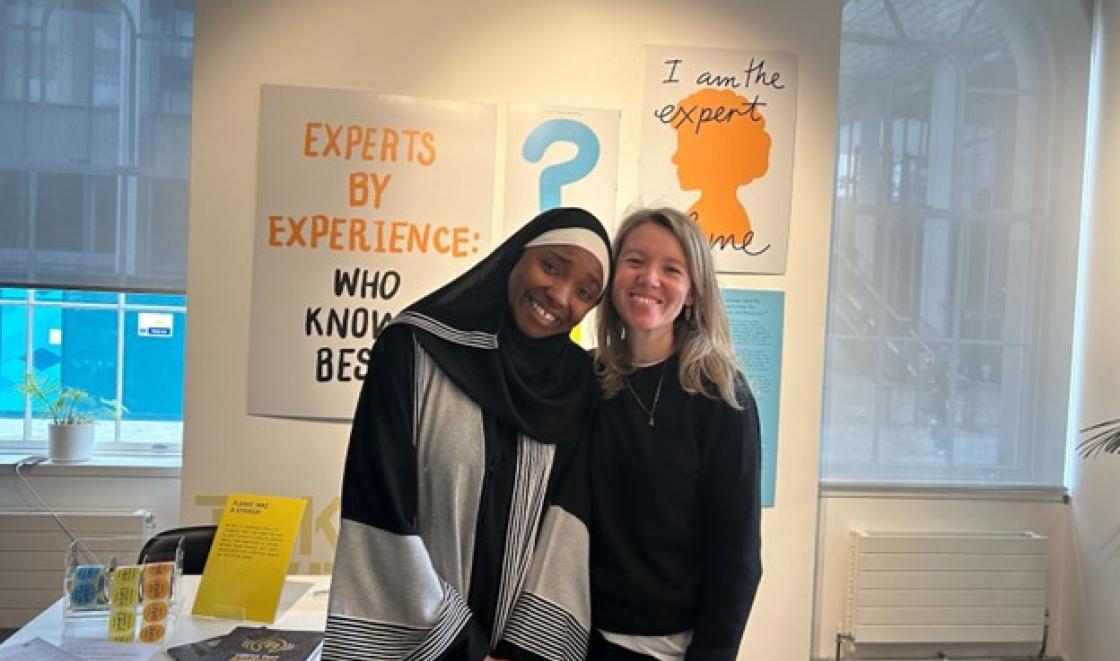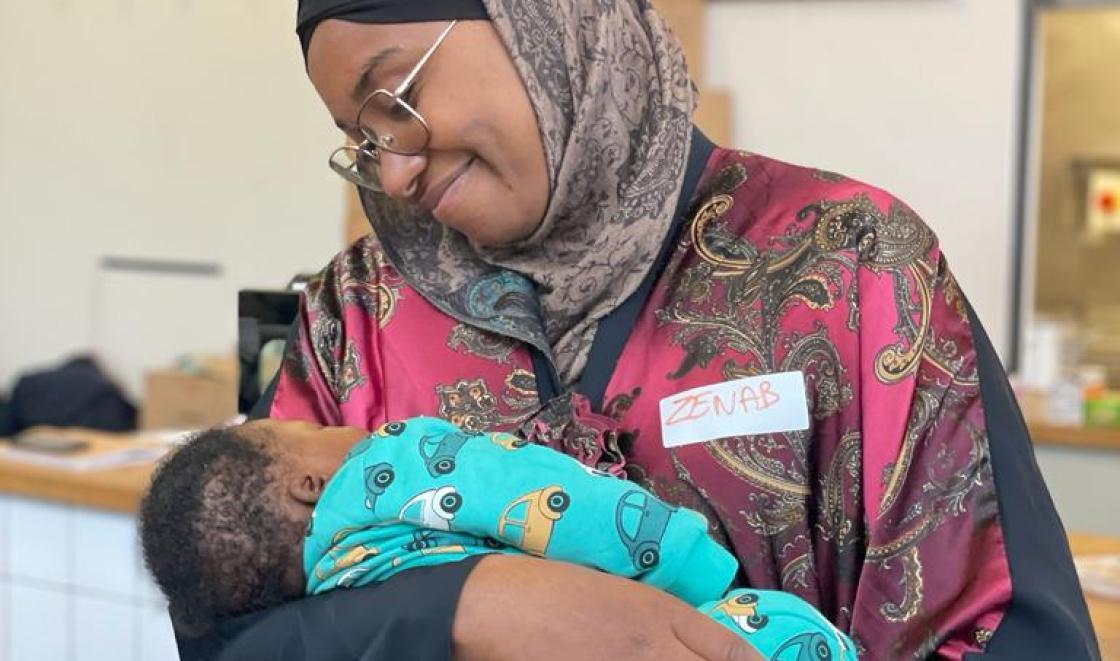Why ethics needs to change—at least in the area of maternal health
Humans are complex beings who socialise differently. Therefore, when we know that research participants, as well as ethics committee members, are all human beings with their own respective subjectivities, it is important to note the subjective nature of ethics and thereby humanise the process. Diluting the process of its humanness and automating it only contributes to unnecessary complications that often hinder progress.
Furthermore, the ethics application procedure can be tedious and time consuming. Researchers are having to deal with too much unnecessary red tape, which sometimes make participatory research impractical or at least heavy.
Unfortunately, this is not sustainable because we live in a fast-paced and practical world. The system (and mechanism in general) need a complete rethink and overhaul.
Research: time for a reclassification?
With ARC South London and King’s College, we conducted a successful listening event (using participatory research appraisal) that involved peer researchers, experts by experience and researchers. And, in a blog published in April 2023, the importance of flexibility, psychological safety and being natural was highlighted.
Another important issue to highlight is the fact that one usually does not need ethics if the work to be carried out is not deemed to have reached "research status". Yet, in general, everyone is normally expected to be responsible and ethical when carrying out any activity. Therefore, this means that the planned activity (ies) will unfold without official ethics guidelines and the whole process is left at the discretion of the relevant researchers and other stakeholders.
Does this give researchers and other participants enough “protection”? Who will bear the brunt of any negative consequences that could arise if a mistake is made? These are critical questions that need to be asked. The whole process is full of assumptions; and, in my opinion, that's where the problem is.
As a peer researcher, I have been involved in participatory events that did not require ethics approval because they did not qualify as research—even though experts by experience were required to share their respective maternal experiences through a range of activities. Yet, I have also taken part in a research project that had to obtain ethics approval before service users were invited to share their experiences via virtual interviews that were later transcribed, analysed and published.
To me, both examples constitute research, although I appreciate that this is not how they are currently viewed within the research arena. But, despite the differences of opinion on the matter, what I hope we can all generally agree on is the difficulty to sift through the nuances. What constitutes research needs to be reviewed and re-classified.


